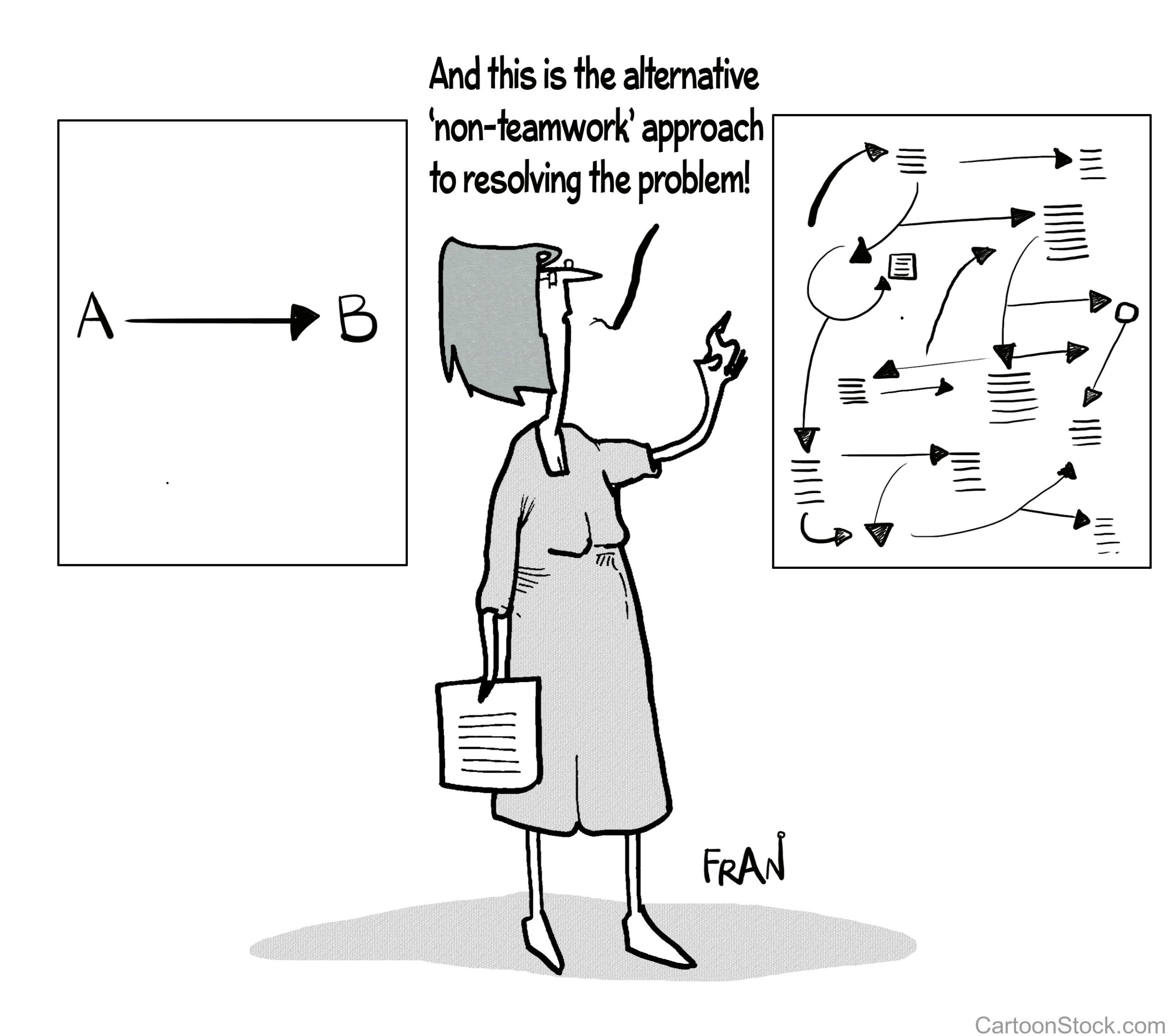
Generally speaking, Scrum development teams benefit from specific performance improvement processes. And who better to help teams through such processes than an agile team coach?
This post presents the critical skills needed to be an agile team coach. But before I talk about that, let’s back up and look at the more general space of agile coaching.
If you Google “types of agile coaching” you’ll be rewarded with around 8.3 million results, the first several pages of which provide a few answers plus many marketing plugs for companies that offer agile coaching services.
Two common ways of looking at agile coaching include:
- Team Coach (evolves to) ⇒ Agile Coach (evolves to) ⇒ Enterprise Agile Coach
- [Team Coach] ≠ [Technical Coach] ≠ [Organizational Coach], where each is a specialty.
In the former case, it is implied that one should follow a professional path that begins with becoming a team coach or agile team facilitator, then learning how to “think bigger picture,” becoming an agile coach and, finally, learning how to think and coach at the organizational level, becoming an enterprise agile coach. In other words, one does not simply “become” an enterprise agile coach right off the bat. One example of this path can be found on the website for the Agile Coaching Institute.
In the latter case, the implication is that each of these coaching types is important and sufficiently different to warrant its own category. Gaining mastery in all of these areas constitutes a holistic approach to agile coaching. This case is offered by Ahmad Fahmy as part of his Certified LeSS Practitioner training.
Scott Ambler, a champion of Disciplined Agile (DA), looks at levels of coaching in a slightly different way:
- [Team Coach] + [Specialized Coach] ⇐ [Enterprise Agile Coach]
OR rather…
- [Functional Coach] + [Non-Functional++ Coach] ⇐ [Enterprise Agile Coach]
In Scott’s view an enterprise agile coach helps to support both the team coach, one who helps teams that are responsible for the delivery of software, and the specialized coach, which is one who is involved in non-solution delivery, including non-functional aspects of software. This latter distinction is given a relatively wide set of examples (refer to the URL above), including enterprise architecture, operations, product and portfolio management, and so on, plus essential upper management.
What skills are needed to be an effective agile team coach? One must…
- Communicate observations respectfully, in partnership, in order to build confidence in team members
- Use humble inquiry to inspire thinking “in the right direction”
- Have a compassionate but firm demeanor
- Be emotionally mature
- Be culturally aware
- Have excellent listening skills
- Have experience in successfully navigating conflicts
- Be a lifelong learner
Additionally, an individual who has a rudimentary background in personality studies will more readily recognize personality-based team dynamics that require action.
Perhaps my favorite type of agile coach is the one Ravi Verma calls the HUGeB Agile Coach, where HUGeB stands for the “Help Us Get Better” Agile Coach, or in other words, the coach who has no other agenda than to help teams and organizations improve.
As a good friend shared with me recently, becoming this kind of coach requires two things:
- “Continuous agile mastering,” which is a journey rather than a destination; and
- Coaching others so as to cultivate the types of experiments that reveal business value
Well said.